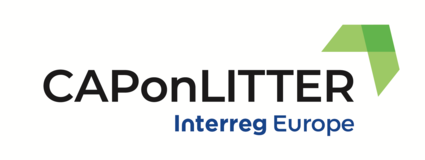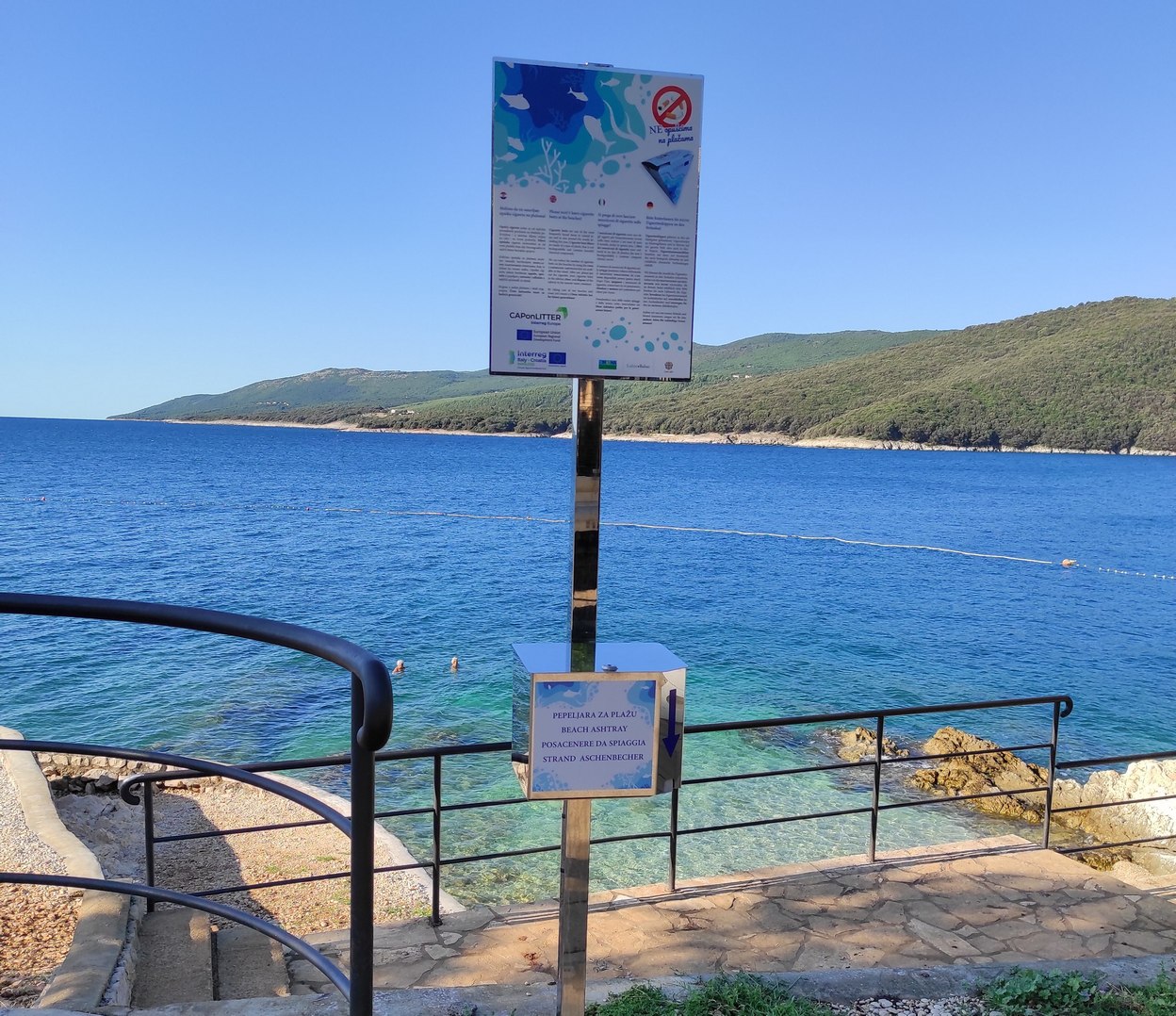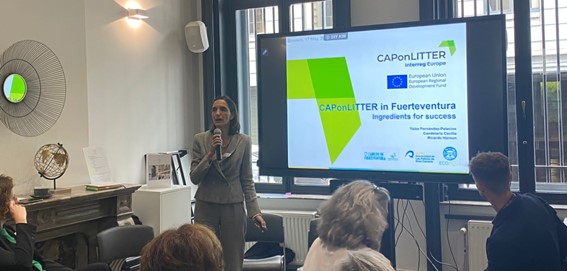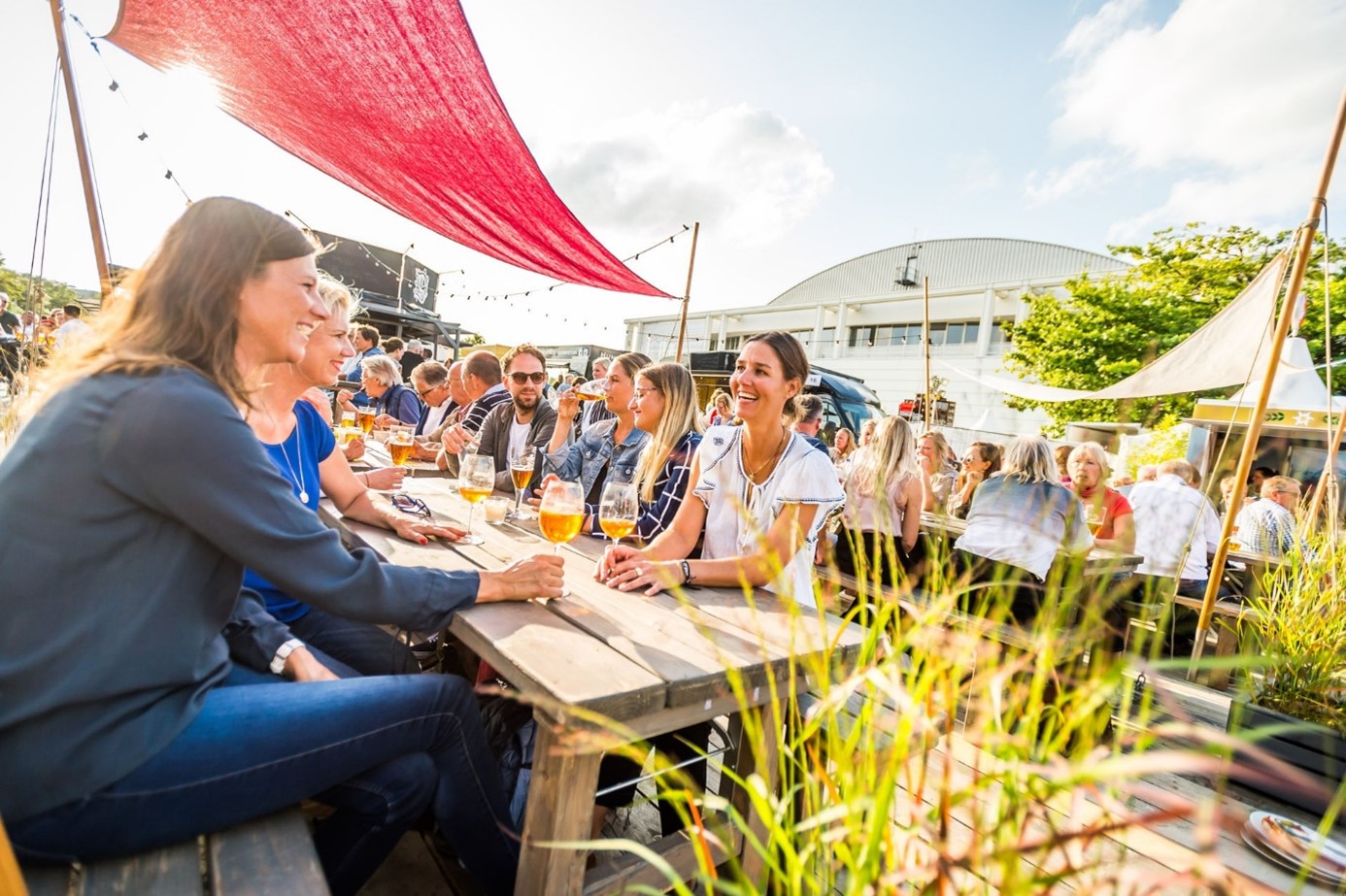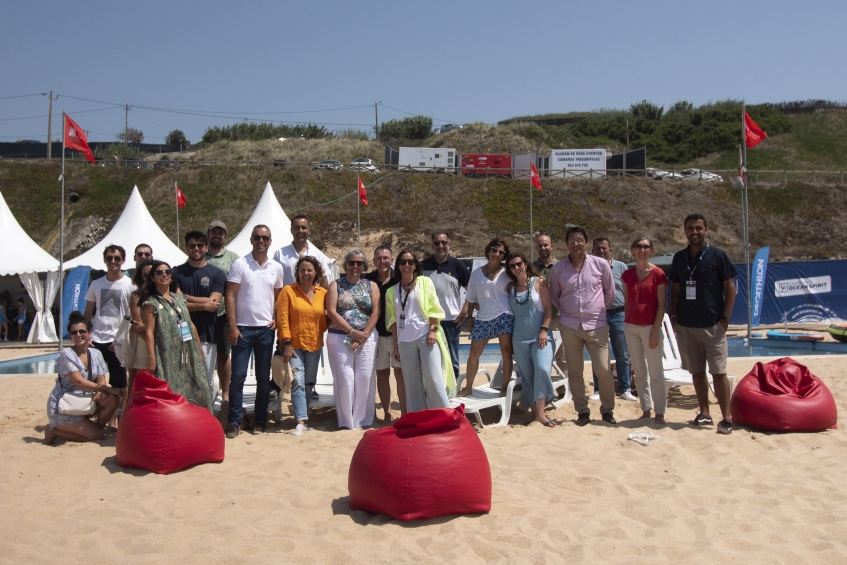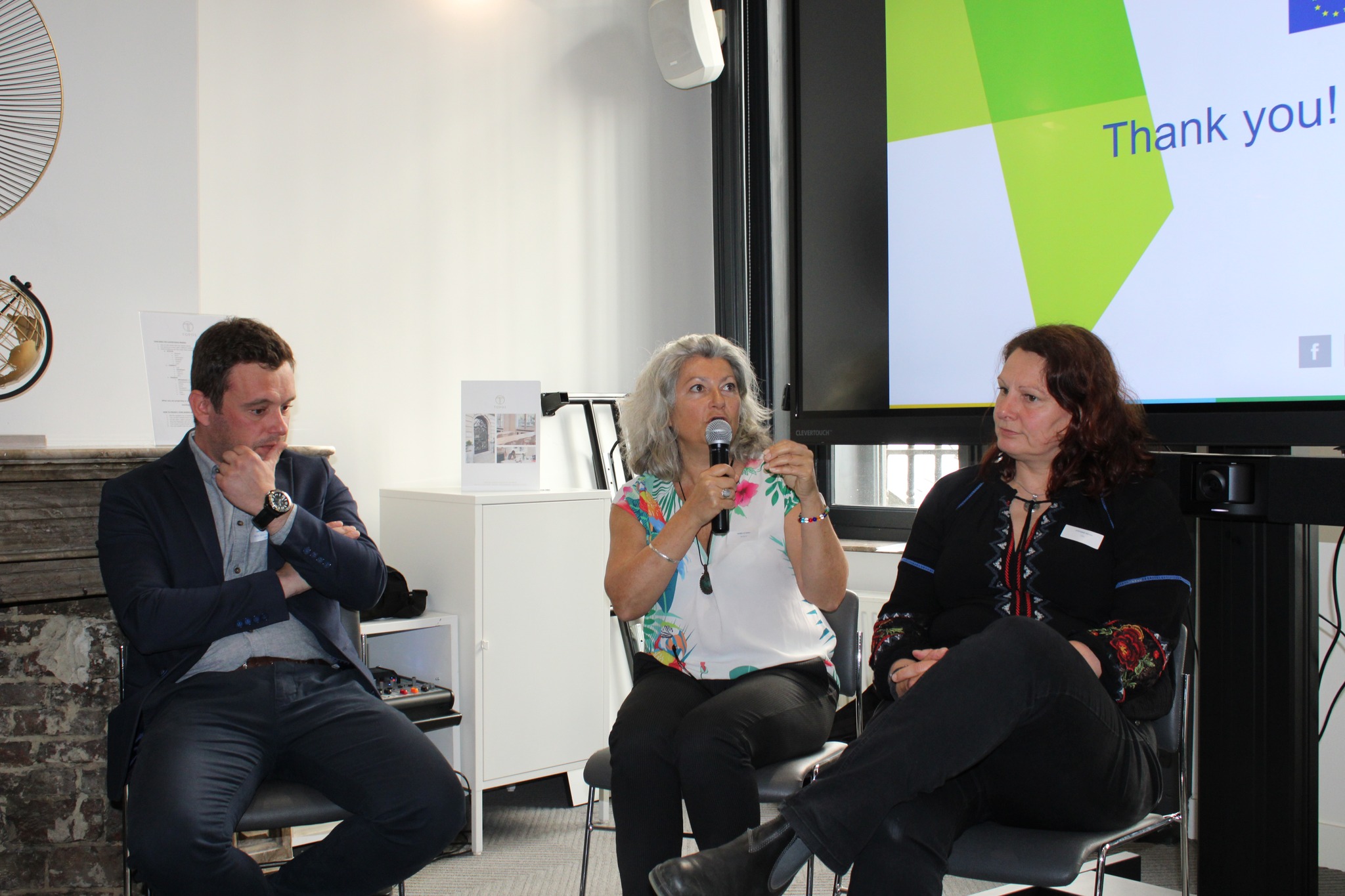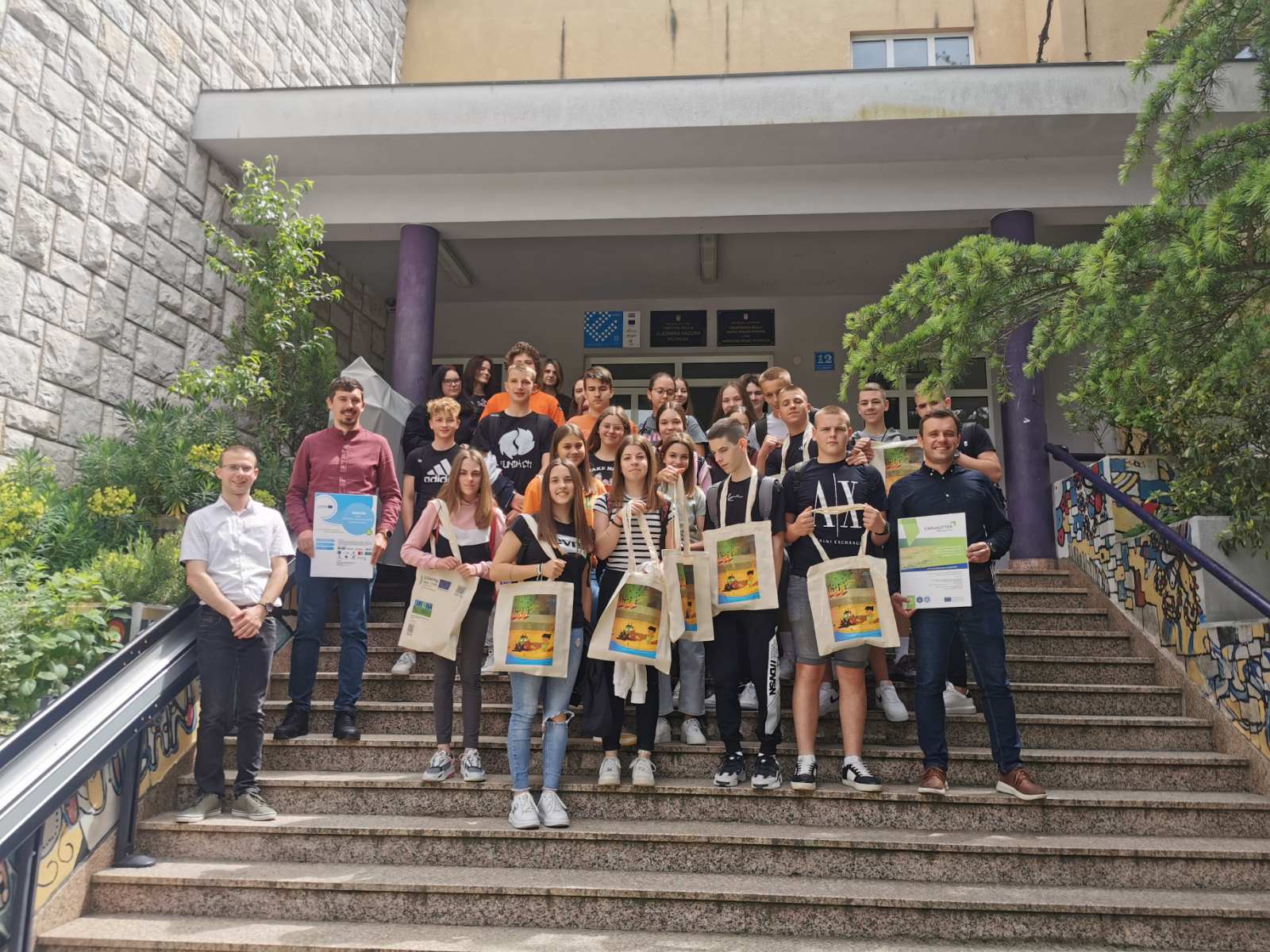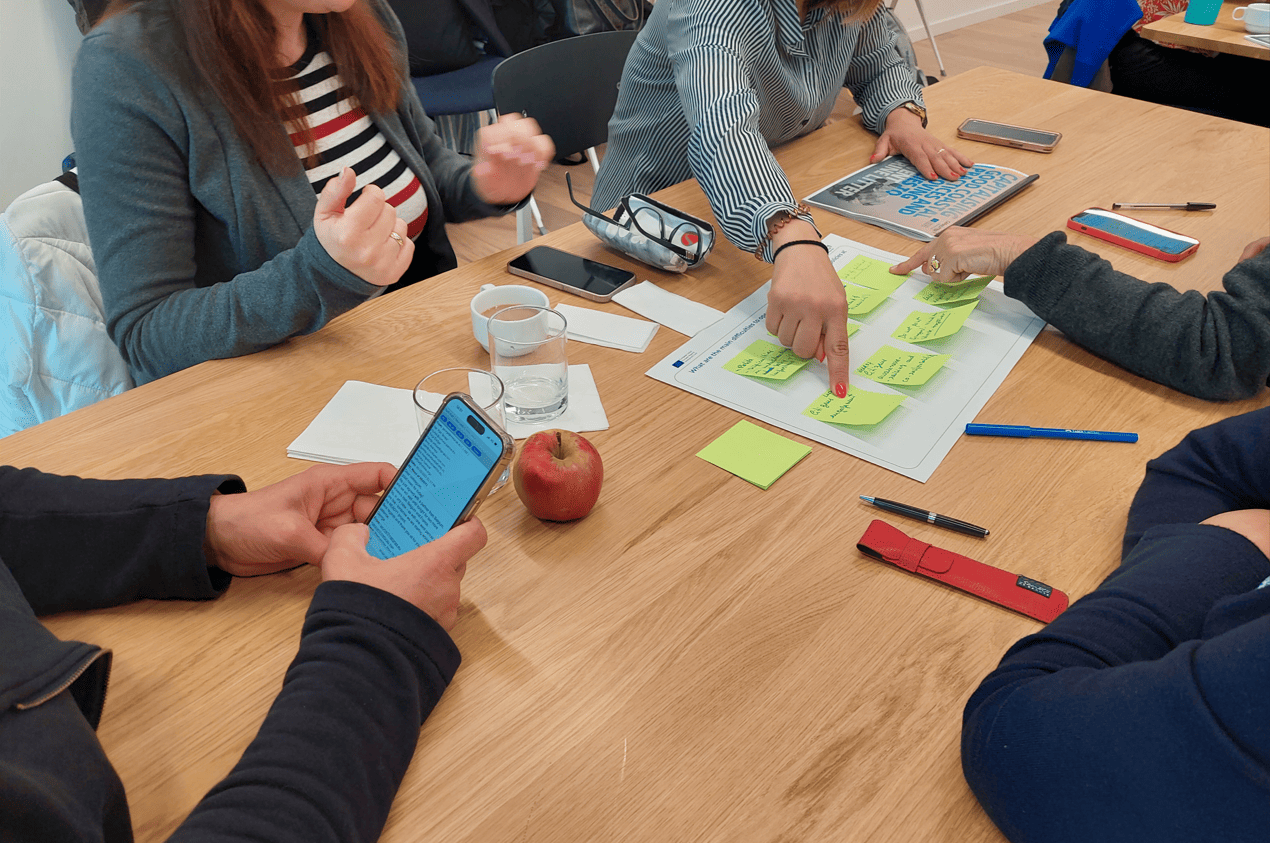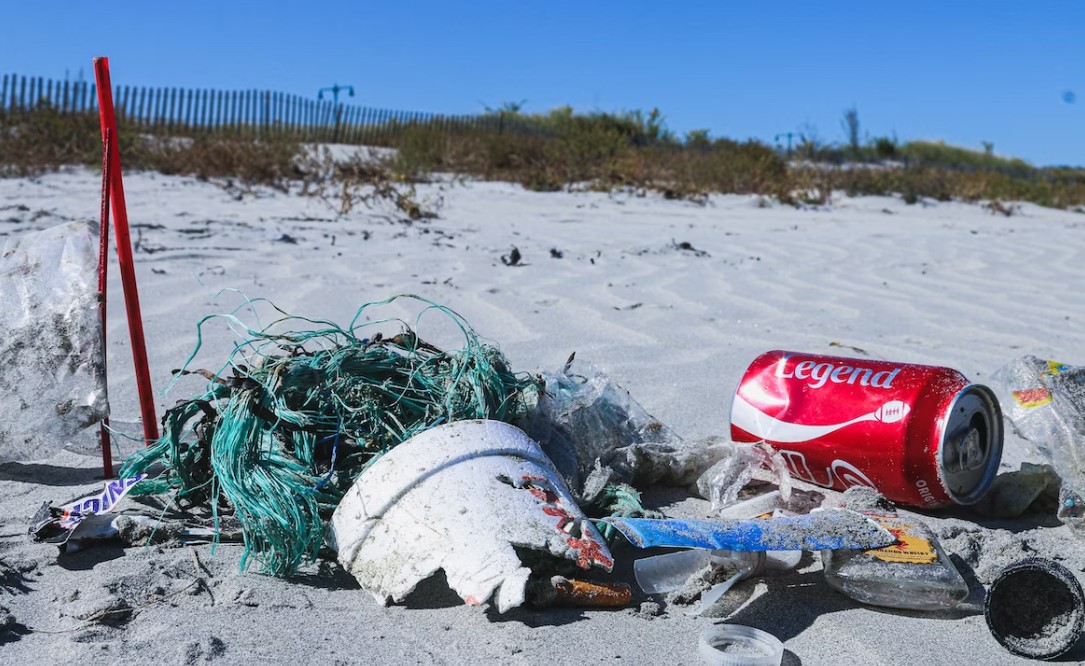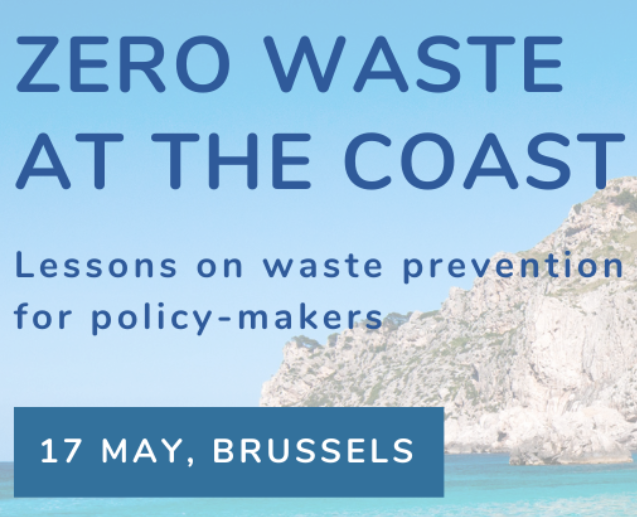The fifth International Learning Event (ILE) of the CAPonLITTER Project took place online on the 13th of April 2021. Hosted by the German interreg partner, the topic was « How regulatory instruments can be used to prevent specific items of marine litter ».
Like all the partners, PP7 MerTerre had to invite one of its local stakeholder. Lola Holodiuk, Waste Prevention Project Manager at the Metropolis of Aix-Marseille-Provence explained the metropolis waste reduction strategies.

As a local authority, the Metropolis has put in place a 7 years plan (2019-2025) in order to reduce domestic and assimilated waste. In 2019 there were 536 kg/inhabitant/year of domestic and residual waste on the territory of Marseille.
Good practices can help to prevent marine litter resulting from coastal tourism and coastal recreational events. But in order to be successful and get an impact, the larger possible number of stakeholders must be involved : individuals, schools, local authorities, businesses, small and medium-sized enterprises, associations and tourists.
The prevention plan is structured around four strategic axes:
- Raise awareness about waste reduction to change behaviors
The Metropolis support the CPIE Côte Provençal program « Commited shop owners for Zero Waste Beaches » in La Ciotat. The goal is to help shop owners to contribute in the reduction of single-use plastic waste from nomadic and collective catering. They support food shop owners in a constructive approach by proposing concrete and adapted alternatives and by testing the concept of "zero waste beaches", with communication material (visuals, messages, etc) in order to raise awareness amongst consumers and beach goers.
This prevents the alarming accumulation of plastic macro-waste polluting the Mediterranean and its coasts by supporting and transforming sellers/consumers practices.
- Harmonize waste management methods from specific economic sectors in the metropolis area in order to promote the emergence of sustainable solutions
A partnership with WWF is developed for a ‘zero plastic pollution territory’ program. Together they define and initiate actions towards a zero plastic discharge objective in the Mediterranean by 2025.
The first phase of this ongoing partnership involves carrying out a diagnosis to identify the sources of plastic waste. Diagnosis from which an action plan will emerge in order to reduce consumption of plastic at the source. They also set up a framework and a monitoring process to help the continuous improvement of the actions implemented.
- Promote bio-waste resource and fight against food waste
The Metropolis has put in place an experimental program by supporting over 50 Families with good practices towards ‘Zero Waste behaviours’.
- Eco-responsible events with conditionality of the services provided by the metropolis
They also coordinate the organisation of eco-responsible events on the territory to reduce waste.
Thus, they have decided to link the conditionality in the provision of services by the municipality (eg. authorizations, equipment delivery such as waste containers, presence of ambassadors in order to raise awareness, waste collecting agents, etc.) according to the engagements taken by the event’s organizer. They have created a charter, guidelines and a communication kit to facilitate those responsible behaviours by the event's organizers.
The main goal is to reduce waste during the three phases of the event : before, during and after.
Those 4 Metropolis working axes seemed really complementary to reduce the waste produced and collected on the territory and to prevent specific marine litter coming from coastal tourism and recreational events.
